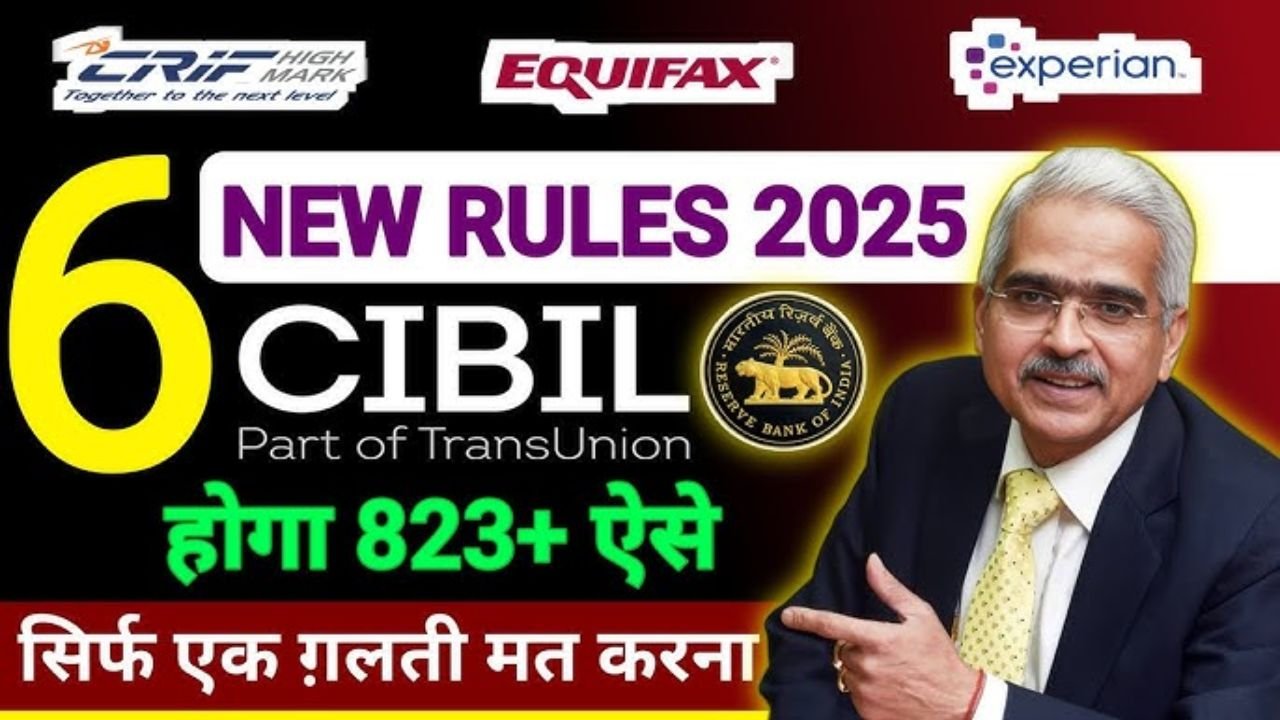In a big move, the Reserve Bank of India (RBI) has introduced new rules to help people with low CIBIL scores get loans more easily. This is great news for millions of Indians who struggle to borrow money due to their credit history. The changes aim to make banking fairer and give everyone a better chance to achieve their dreams, like buying a home or starting a business. Let’s dive into what these changes mean and how they can help you.
Why This Matters
A low CIBIL score often stops people from getting loans or forces them to pay high interest rates. In the past, banks were strict, and a score below 700 usually meant rejection. Now, the RBI has asked banks to be more flexible. They want lenders to look beyond just the CIBIL score and consider other factors, like a person’s income or repayment ability. This is a game-changer for young people, small business owners, and those who faced financial troubles in the past.
What’s New in the Rules
The RBI’s new guidelines encourage banks to create special loan products for people with low credit scores. Instead of focusing only on the score, banks can now check things like your job, savings, or even future earning potential. They’ve also introduced a system where first-time borrowers can get smaller loans to build their credit history. This means even if your score is low, you still have a chance to prove you can repay.
Here’s a quick look at the key changes:
| Old Rule | New Rule |
|---|---|
| Strict CIBIL score focus (700+) | Banks can consider income, job, and other factors |
| Limited options for low scores | Special loan products for low CIBIL scores |
| High interest for risky borrowers | Fairer rates with flexible checks |
Who Benefits the Most
These changes are a lifeline for people who were stuck in a cycle of loan rejections. Young professionals just starting their careers, small shop owners, and even farmers can now access credit more easily. For example, someone who missed a few credit card payments years ago can still apply for a home loan without being judged only on their past. The RBI’s goal is to make sure everyone gets a fair shot at financial growth.
How to Make the Most of It
If you have a low CIBIL score, now is the time to act. Start by checking your credit report for errors and fixing them. Talk to your bank about the new loan options and share details about your income or job stability. Small steps like paying bills on time can also boost your score over time. The RBI’s changes mean banks are more open to listening, so don’t hesitate to ask for help.
A Bright Future Ahead
This move by the RBI shows they understand the challenges people face in today’s economy. By making loans easier to get, they’re helping millions dream bigger and achieve more. Whether it’s buying a car, starting a small business, or paying for education, these new rules open doors that were once closed. As banks roll out these changes, more people will find it easier to take control of their financial future. So, if you’ve been worried about your low CIBIL score, cheer up, because help is finally here.
